Industrial generators fuel operations across diverse sectors, with power needs ranging from 40kW for smaller facilities to 400kW for large-scale plants. Selecting the right size maximizes efficiency and reliability. A 60kW generator might suit a medium-sized business, while a 45kW unit could power a small retail complex. Proper sizing prevents wasteful overcapacity and ensures adequate power during peak demands. By matching generator output to actual needs, businesses optimize fuel use, reduce emissions, and boost overall operational performance.
Why Is Proper Generator Sizing Important?
Selecting the correct size for an industrial generator directly impacts its performance, efficiency, and operational costs. Oversized generators lead to increased fuel consumption and higher emissions, while undersized units may fail to meet power demands during critical periods. To avoid these issues, businesses must conduct thorough load calculations and assessments before investing in a generator.
Load calculations involve determining the total power requirements of all equipment and systems that will rely on the generator. This process considers both continuous loads and starting loads, which can be significantly higher than running loads for certain equipment. Accurate load assessment ensures that the chosen generator can handle peak power demands without unnecessary oversizing.
Efficiency starts with sizing, but it doesn’t end there. Learn more about the importance of selecting the right generator by reading our post on right-sized industrial generator rental.
Which Generator Size Fits Your Power Needs: 400kW, 60kW, 45kW, or 40kW?
Different generator sizes cater to varying power needs across industries. Let’s examine some popular generator sizes and their typical applications:
400kW Generators
400kW generators are suitable for large-scale industrial applications, data centers, and commercial buildings with high power demands. These generators can support substantial electrical loads, making them ideal for:
- Manufacturing facilities with heavy machinery;
- Large office complexes or shopping centers;
- Hospitals and healthcare facilities; or
- Data centers that require an uninterrupted power supply.
When considering a 400kW generator, businesses should ensure their power requirements justify this size to avoid inefficiencies associated with oversizing.
60kW Generators
60kW generators strike a balance between power output and efficiency, making them suitable for medium-sized commercial applications. These generators are often used in:
- Small to medium-sized retail stores;
- Restaurants and food service establishments;
- Small office buildings; or
- Construction sites with moderate power needs.
60kW generators offer flexibility for businesses that require substantial power without the need for larger, more energy-intensive units.
45kW and 40kW Generators
45kW and 40kW generators are ideal for smaller commercial applications and certain industrial uses. These generators provide sufficient power for:
-
- Small retail outlets;
- Residential complexes;
- Small manufacturing workshops; or
- Mobile offices or temporary facilities.
The choice between 45kW and 40kW generators often depends on specific load requirements and future growth considerations. These sizes offer an efficient solution for businesses with more modest power needs.
Choosing the right size is crucial for efficiency and performance. Learn how commercial generator rentals can be customized to meet the specific needs of different industries in our article on commercial generator rentals for different industries.
Strategies for Optimizing Generator Efficiency
Once the right generator size is selected, implementing strategies to maximize efficiency becomes crucial. Here are key approaches to optimize generator performance:
Regular Maintenance
Consistent maintenance is essential for keeping generators running at peak efficiency. Regular maintenance practices include:
- Changing oil and filters at recommended intervals;
- Inspecting and cleaning fuel systems;
- Checking and adjusting belt tension;
- Testing battery condition and connections; and
- Verifying proper coolant levels and condition.
Sticking to a regular maintenance routine keeps generators in top shape. It helps businesses avoid surprise breakdowns and keeps generators running smoothly for years. Think of it as giving your generator a health check-up – it pays off in the long run with reliable performance and fewer headaches.
Load Management
Effective load management involves distributing power demands efficiently across available generators. This strategy is particularly important for facilities using multiple generators or those with fluctuating power needs. Load management techniques include:
- Implementing automatic transfer switches to balance loads between generators;
- Using load shedding systems to prioritize critical equipment during peak demand periods; and
- Scheduling high-energy processes during off-peak hours to reduce strain on generators.
Proper load management ensures generators operate within their most efficient range, reducing fuel consumption and wear on equipment.
Fuel Efficiency Improvements
Enhancing fuel efficiency is a key factor in optimizing generator performance. Strategies to improve fuel efficiency include:
- Using high-quality fuel to reduce engine deposits and improve combustion;
- Implementing fuel additives designed to enhance performance and reduce emissions;
- Ensuring proper fuel storage to prevent contamination and degradation; and
- Regularly cleaning or replacing fuel filters to maintain optimal fuel flow.
These measures not only reduce operational costs but also contribute to lower emissions and environmental impact.
Advanced Monitoring Systems
Implementing advanced monitoring systems allows businesses to track generator performance in real-time. These systems provide valuable insights into:
- Fuel consumption rates;
- Load levels and distribution;
- Engine performance metrics; and
- Maintenance needs and schedules.
By leveraging this data, operators can make informed decisions to optimize generator efficiency and prevent potential issues before they escalate.
Considerations for Specific Industries
Different industries have unique power requirements that influence generator selection and optimization strategies. Here are considerations for some key sectors:
Manufacturing
Manufacturing facilities like Toyota Motor Manufacturing Texas and Mercedes-Benz U.S. International (MBUSI) often require generators capable of handling high starting loads from heavy machinery. In this sector:
- 400kW generators may be necessary for large-scale operations with multiple production lines.
- 60kW or 45kW generators might suit smaller workshops or facilities with less power-intensive equipment.
- Load management is crucial to balance power distribution across various machines and processes.
Healthcare
Hospitals and healthcare facilities demand reliable, uninterrupted power supply. For this industry:
- 400kW generators are common to support critical medical equipment and building systems.
- Redundancy is often required, with multiple generators working in tandem.
- Automatic transfer switches are essential to ensure seamless power transition during outages.
Data Centers
Data centers require consistent, clean power to maintain operations. In this sector:
- 400kW generators are frequently used to support large server farms and cooling systems.
- Uninterruptible Power Supply (UPS) systems are often integrated with generators for instantaneous power delivery.
- Precise load calculations are critical to account for future growth and expansion.
Retail and Hospitality
Retail stores and hospitality businesses have varying power needs based on their size and services. For these industries:
- 60kW generators may suffice for medium-sized establishments.
- 40kW or 45kW generators could be suitable for smaller stores or restaurants.
- Load prioritization is important to maintain essential services during power outages.
Power Up Your Operations with Stag Rentals
At Stag Rentals, we equip businesses with the right industrial generators for optimal efficiency. Our fleet includes 400kW, 60kW, 45kW, and 40kW generators, catering to diverse power needs. We offer flexible rental options to accommodate various operational schedules, and our expert team ensures proper generator selection and efficiency strategies.
Serving Texas, Louisiana, Oklahoma, Alabama, Mississippi, and Florida, we provide reliable power solutions for both emergency situations and long-term industrial applications. Our industry expertise and top-tier equipment support businesses in achieving operational success.
For personalized assistance in selecting the right generator, visit our website or call us at 1-844-STAG-PWR.



